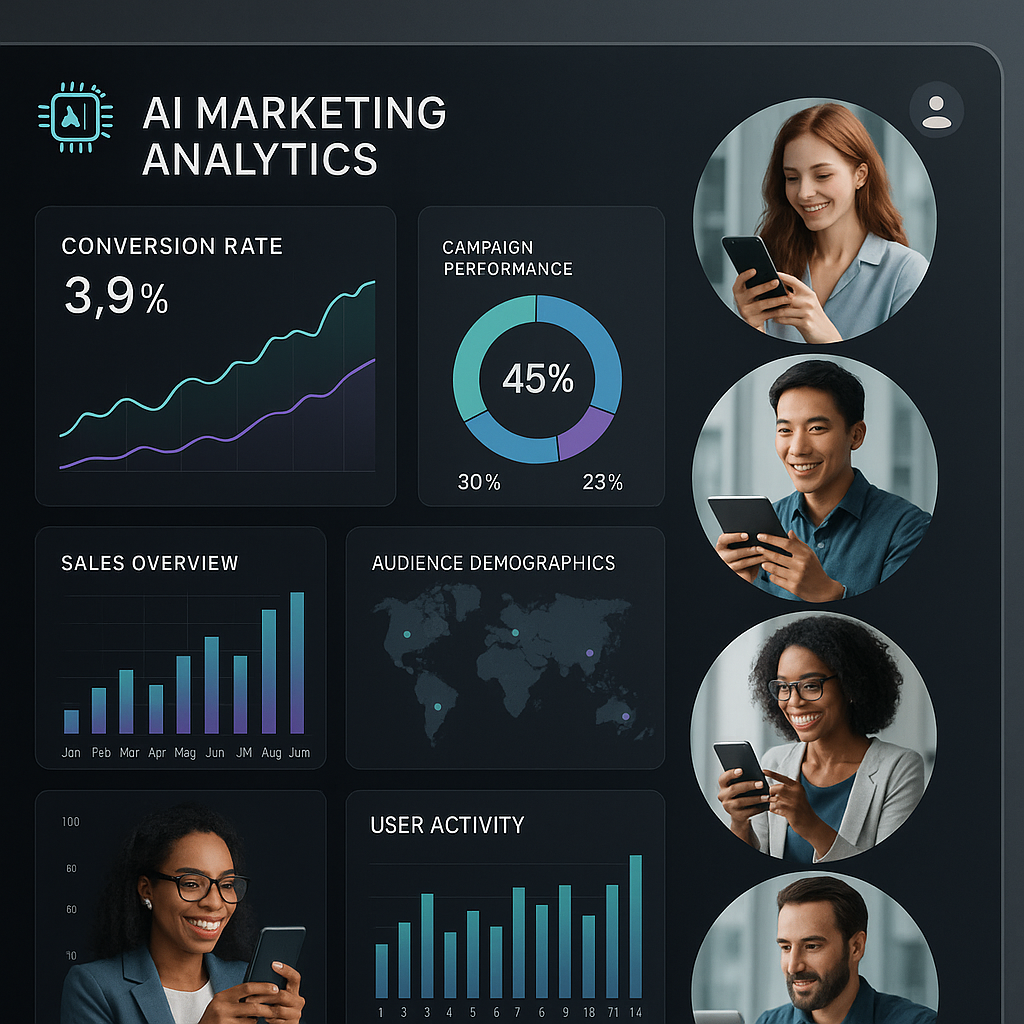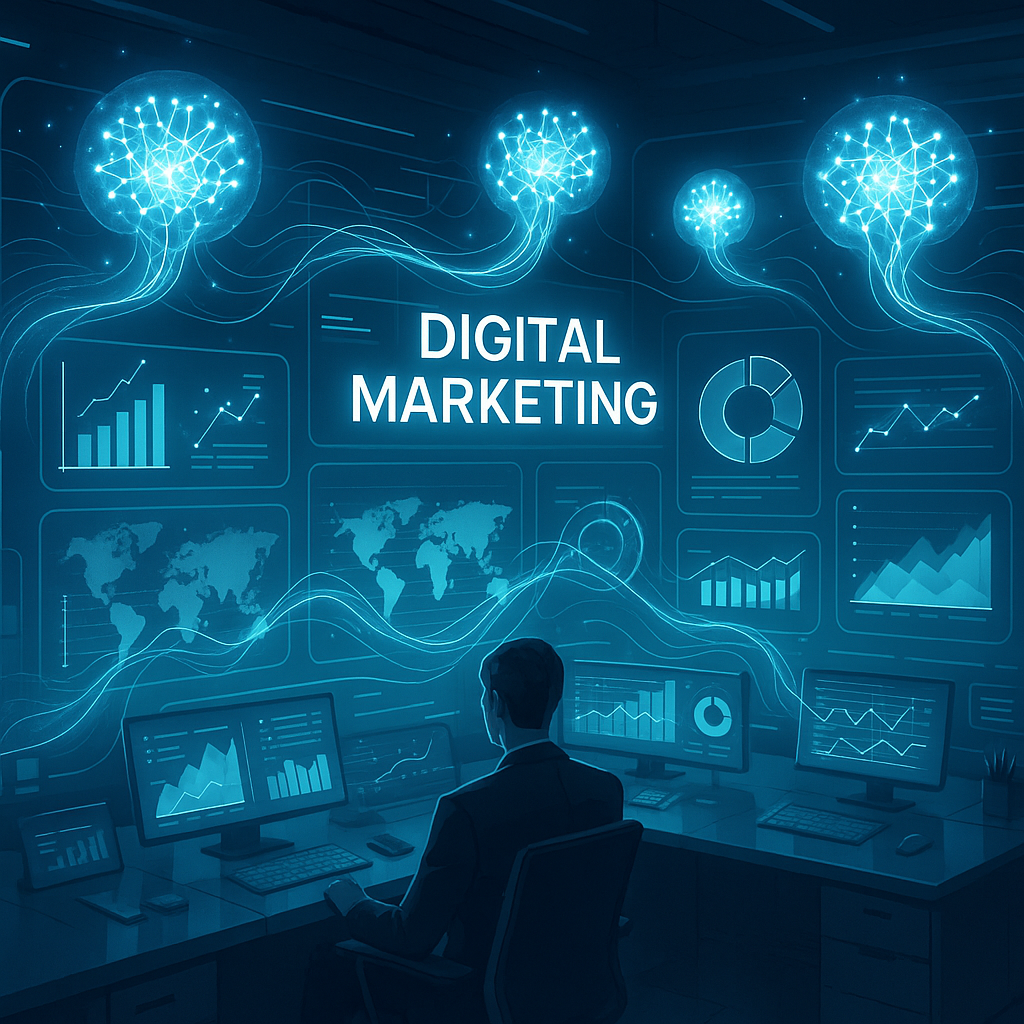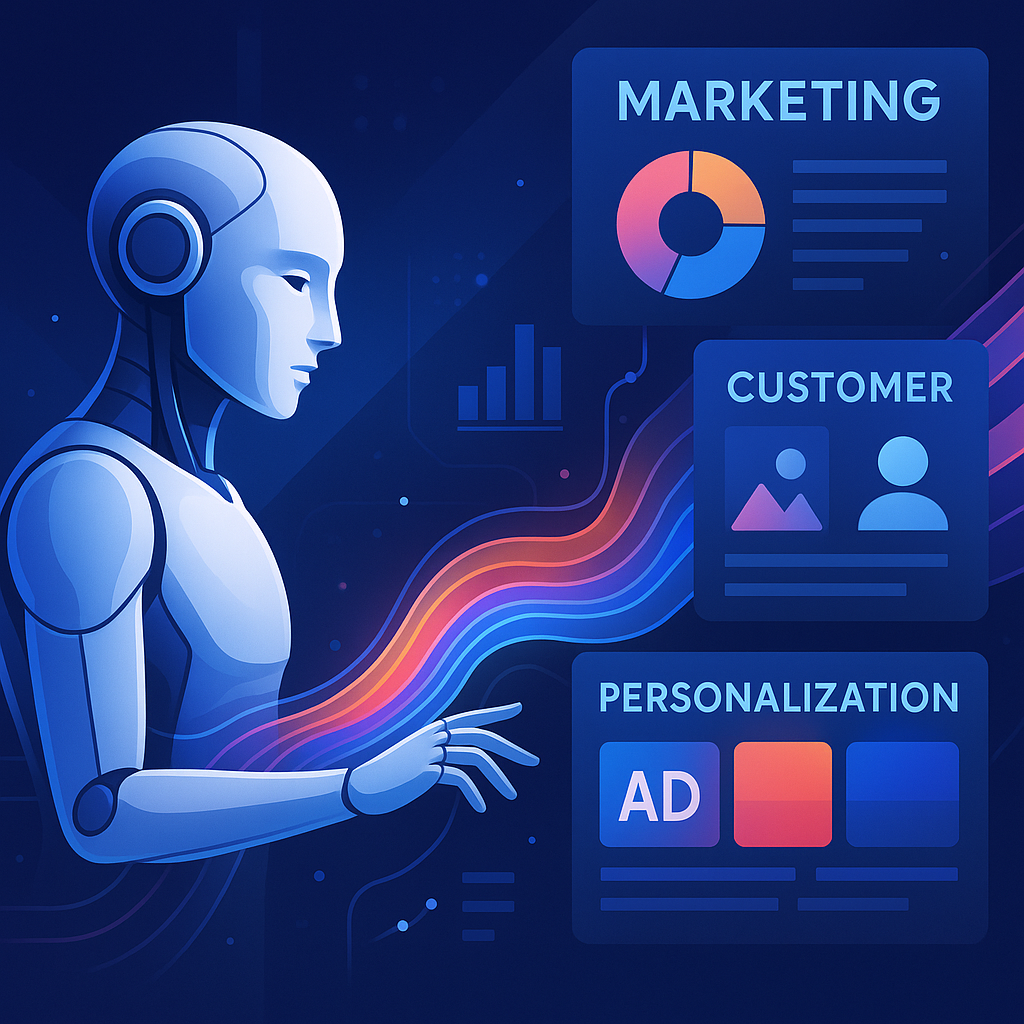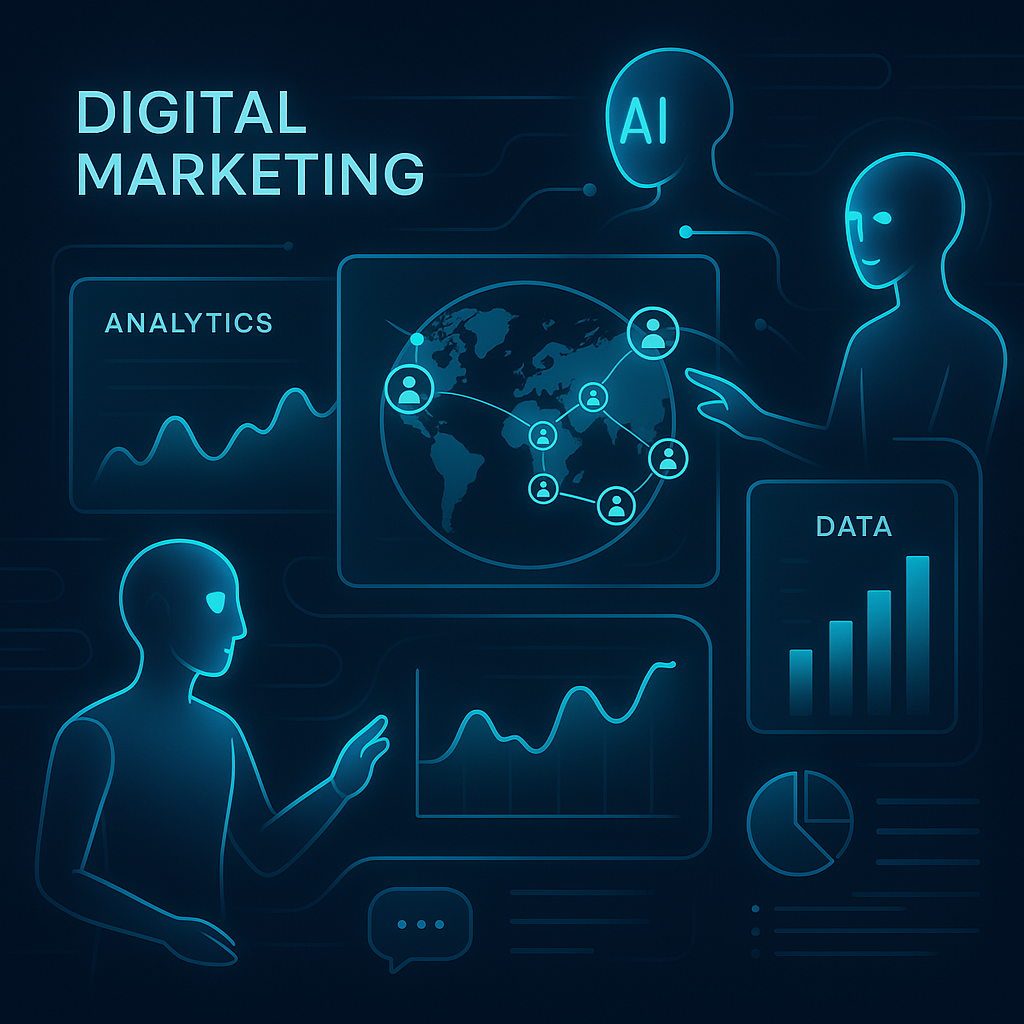
Artificial Intelligence Revolutionizing Personalization in Digital Marketing
The Evolution of Personalization in Digital Marketing
The digital marketing landscape in 2025 has been profoundly reshaped by artificial intelligence (AI), transforming the way brands engage with their audiences through personalization. Where traditional strategies relied heavily on segmented demographics and static customer profiles, AI now enables dynamic, real-time personalization that adapts to each individual's behavior and preferences.
How AI Advances Customer Personalization
Data Integration and Customer Insight
AI-powered systems aggregate and analyze vast amounts of customer data from diverse sources, including web interactions, purchase history, social media engagement, and even offline behaviors. Machine learning algorithms detect nuanced patterns, affinities, and emerging trends that traditional analytics often miss. This enables marketers to build more comprehensive and actionable customer profiles.
Predictive Analytics and Anticipatory Marketing
By leveraging predictive models, AI anticipates customer needs before they explicitly express them. For example, e-commerce platforms use AI to forecast products likely to interest specific customers, allowing for hyper-targeted promotions that increase conversion rates. Predictive personalization offers a proactive approach that enhances customer satisfaction and loyalty.
Dynamic Content Generation and Optimization
Natural language processing (NLP) and generative AI technologies enable the creation of personalized content at scale. From tailored email marketing campaigns to adaptive website interfaces that change in response to user behavior, AI ensures that the customer experience remains relevant and engaging throughout the journey.
Innovative Examples of AI Personalization in Action
Streaming Services
Leading streaming platforms now employ AI algorithms that analyze viewing habits, time of day, and even mood indicators to recommend content uniquely suited to each user. These systems learn from real-time interactions, refining suggestions that feel intuitive and personalized.
Retail and E-commerce
AI-powered virtual shopping assistants guide consumers through personalized product recommendations based on style preferences and past purchases. Augmented reality (AR) combined with AI lets users virtually try on products, enhancing engagement and reducing product returns.
Travel and Hospitality
The travel industry uses AI to personalize journey planning by considering customer preferences, historical travel data, and even external factors like local events or weather conditions. Chatbots with sentiment analysis capabilities provide emotionally intelligent customer service, further personalizing the experience.
Benefits of AI-Driven Personalization
- Higher Engagement: Personalized experiences resonate better with customers, increasing time spent on digital platforms and interaction with marketing materials.
- Improved Conversion Rates: Relevant product recommendations and offers lead to higher sales and reduced cart abandonment.
- Customer Loyalty and Retention: Brands that understand and anticipate customer needs foster deeper loyalty and repeat business.
- Operational Efficiency: Automation of personalization tasks frees marketing teams to focus on strategic initiatives.
Challenges and Ethical Considerations
While AI personalization offers remarkable opportunities, marketers must navigate challenges such as data privacy regulations, potential bias in AI algorithms, and maintaining transparency to build trust. Companies must ensure compliance with global standards like GDPR and prioritize ethical AI use to avoid alienating customers.
Looking Ahead: The Future of AI in Personalization
The continuing evolution of AI promises even more immersive and anticipatory personalization. Technologies like emotional AI, augmented reality, and AI-driven voice interactions will deepen engagement by creating experiences tailored not just to preferences but to the emotional state of customers. Brands that skillfully integrate AI into their digital marketing strategies will be poised to deliver unparalleled customer experiences in an increasingly competitive marketplace.
Conclusion
Artificial intelligence has revolutionized customer personalization in digital marketing by enabling data-driven, real-time, and scalable approaches that enrich customer engagement and business outcomes. As AI technologies advance, the integration of sophisticated personalization techniques will define the leaders in digital marketing innovation, transforming how brands connect with customers and shaping the future of digital commerce.







